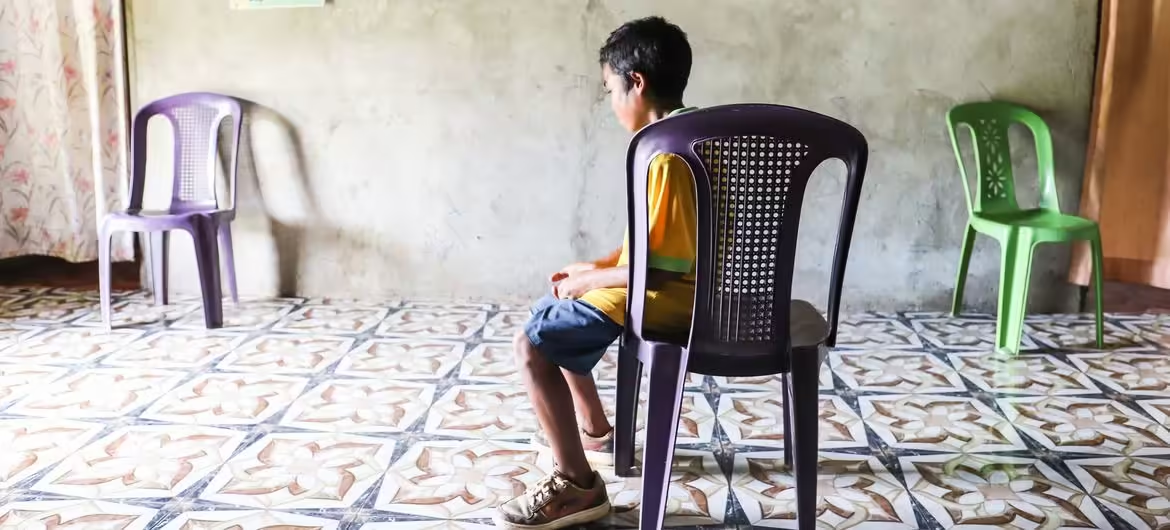A new report from the World Health Organization (WHO) and UNICEF reveals that around one in seven children and adolescents aged 10 to 19 are affected by mental health conditions, with anxiety, depression, and behavioral disorders being the most common. The report, released to mark World Mental Health Day on October 10, highlights the urgent need to transform mental health services for children and adolescents.
The report points out that one-third of mental health conditions emerge before the age of 14, and half before the age of 18. Early intervention is key to helping young people reach their full potential, but access to mental health services remains limited due to systemic barriers such as low service availability, high costs, and stigma.
Public funding and human resources for mental health services are scarce worldwide, especially in low and middle-income countries. Services specifically for children and adolescents are particularly under-resourced.
“We must take action to ensure that evidence-based and age-appropriate interventions are available and affordable for all,” said Dévora Kestel, Director of Mental Health at WHO. She stressed that every country, regardless of its circumstances, can improve the mental health of its children and families.
The report calls for a collective effort to integrate health, education, social protection, and community support systems into a comprehensive network of mental health services for young people. Fouzia Shafique, Associate Director of Health at UNICEF, emphasized that mental health cannot be addressed in isolation and urged for collaboration between different sectors to support children and adolescents.
It also addresses the concerning practice of institutionalizing children with mental health conditions, often despite the existence of their families, and calls for community-based services that allow children to grow in supportive environments.
The report underscores the collective responsibility to prioritize the mental health of children and adolescents as a vital part of their overall well-being.



